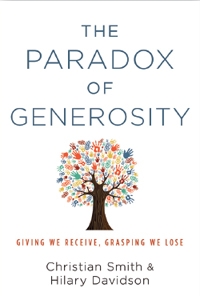In the sixteenth century, the ancient region of Thuringia, ruled by the Ernestine branch of the Saxon house of Wettin, split into several duchies (Saxe-Altenburg, Saxe-Eisenach, Saxe-Gotha, etc.), while the Albertine (electoral) section of Saxony with its capital Dresden remained intact as a political-geographical unit. Situated within the Ernestine duchies—in addition to the enclave of Erfurt and the free imperial city of Mühlhausen, two metropolitan areas—were several independent principalities ruled primarily by the counts of Schwarzburg (Arnstadt, Rudolstadt, and Sondershausen), Hohenlohe-Gleichen (Ohrdruf), and Reuss (Gera, Greiz). One of the most densely populated areas in Europe, dotted with countless small towns in a politically fractured landscape, Thuringia developed into an economically and culturally vigorous region soon after the catastrophic Thirty Years’ War ended in 1648. Some of the most important intersections of east-west and north-south continental trade routes made the area particularly susceptible to foreign influences—in art and architecture, most notably from Italian and French traditions. Here, as almost nowhere else to such an extent, the manifold European trends met and merged, generating a unique climate that also paved the way for the early eighteenth-century concept of a mixed style in music.
via Johann Sebastian Bach.
Upon the 1680 partition, the former Franconian lands of the extinct House of Henneberg fell to Ernest’s third son, Bernhard, who chose the town of Meiningen as his residence and thereby became the first Duke of Saxe-Meiningen. From 1682 Duke Bernhard I had the Schloss Elisabethenburg built and in 1690 established a court orchestra (Hofkapelle), whose later Kapellmeister was Johann Ludwig Bach.
In the reshuffle of Ernestine territories that occurred following the extinction of the Saxe-Gotha-Altenburg line in 1825, Duke Bernhard II of Saxe-Meiningen received the lands of the former Duchy of Saxe-Hildburghausen as well as the Saalfeld territory of the former Saxe-Coburg-Saalfeld duchy.
Before the Reformation the territory of the Duchy of Saxe-Meiningen had belonged to the Diocese of Würzburg.
In the 1866 Austro-Prussian War, Bernhard II supported Austria. Prussia therefore occupied his territory and had the government transferred to his son, George II (b. 1826).
Members of this family bear the title Prince or Princess of Saxe-Meiningen, Duke or Duchess of Saxony together with the formal appellation of His or Her Highness.
via Official Website of the Almanach de Saxe Gotha


